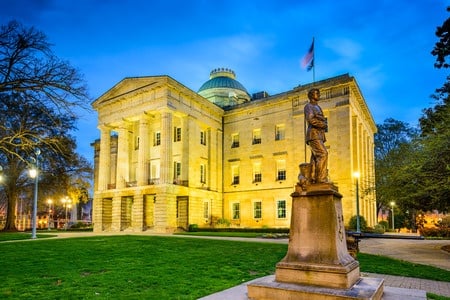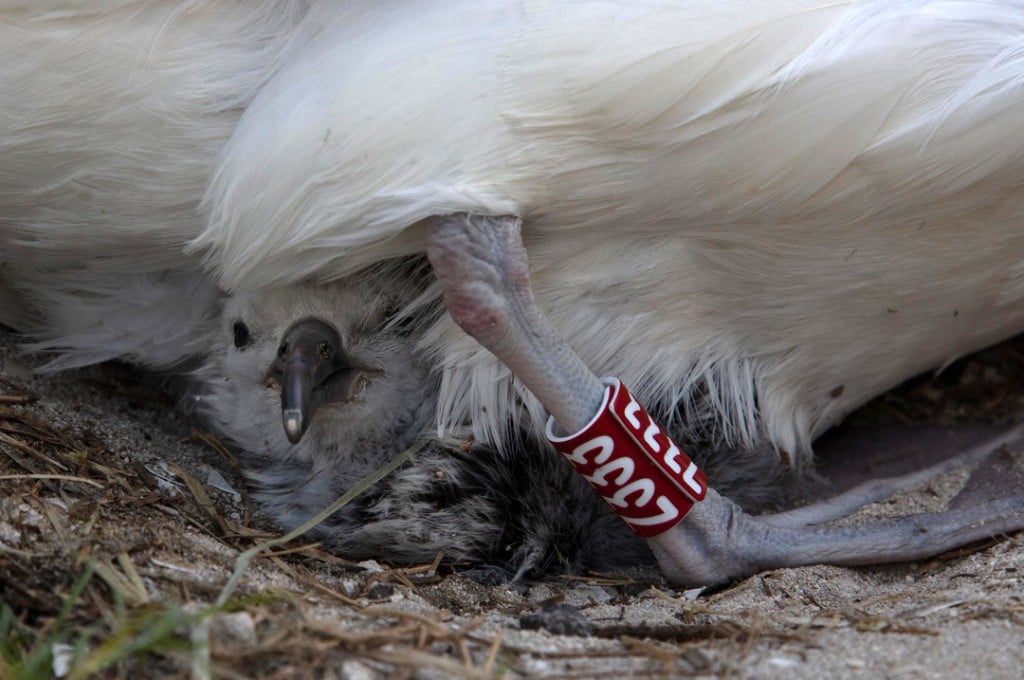Good News Headlines 12/4/2023
Swedish City Takes On Loneliness With A Simple ‘Hi’
by Miranda Bryant, The Guardian
On the snowy shore of the northern Swedish city of Luleå, bathers are lowering themselves into a rectangular hole in the frozen seawater. The sun is already disappearing, and it is barely 2pm. Soon, in a month’s time, there will be just three hours of daylight every day. “It’s like a happiness rush afterwards,” says Katariina Yliperttula, 44, who is taking a dip before work. She hardly ever swims in the summer, but started doing so frequently in the winter a couple of years ago. While many have their own hobbies that keep them going through the cold dark winter months here – ice swimming, cross-country skiing, walking on the “ice road” out into the archipelago – one thing remains a problem: loneliness. In an attempt to counter that, authorities in Luleå have launched a campaign to ease that social isolation, ever so slightly, by encouraging people to say hello to one another.
Fishermen Rescue Young Dolphin While Its Mother Held It Afloat As It Was Trapped In Anchor Line
by Good News Network
A video captured a heartwarming rescue after a pair of fishermen happened upon a juvenile dolphin tied up in fishing line. Jose Ramón Pérez and Miguel Rodríguez were boating 10km off the coast of Almería, Spain when they found the animal tangled up, with its mother desperately trying to keep it afloat. The baby’s tail was tangled in a rope that was pulling it underwater but the two men said its mother would not leave its side and kept trying to lift it up so it could breathe. José Ramon, a warehouse worker, and Miguel, a greenhouse owner, wanted to help so they called local authorities, who put them through to Equinac, a local conservation charity. “I saw something floating but it wasn’t actually floating at the surface. It was underneath,” said Ramón. “Miguel said it was a dolphin but I thought it was strange because it hadn’t moved at all.”
Jobs, Not Jail: A Judge Was Sick Of Sending Kids To Prison, So He Found A Better Way
by Andy Corbley, Good News Network
By the year 2000, Judge John Phillips had long since lost count of the number of minors he had sent through the California penitentiary system for crimes committed during a violent, unguided, and hopeless adolescence. “You send these young people to prison, and they learn to become harder criminals,” he said once. In 2003, he set out to find a better way—to get kids in an environment of support where they could pass through these difficult years with a hand on their shoulder. Phillips started Rancho Cielo at the base of a hill in the town of Salinas, utilizing an old juvenile detention center ironically, and with a board made up mostly of county supervisors, judges, and law enforcement leaders. Rancho Cielo is a vocational training facility, culinary academy, and private school that only works with at-risk youth or youth living below the poverty line of $19,000 a year for a family of four.
3 Reasons To Be Optimistic About COP28
by Patty Fong, Common Dreams
As delegates gather in Dubai for the United Nations Climate Conference, COP28, the mood is not upbeat. Hopes, already muted, that this would be a transformational gathering have been further dampened by revelations that the hosts, the UAE, have been planning to use their position to strike new oil and gas deals ; a clear breach of U.N. protocol. So far, so demoralizing. Indeed, the fact that the world’s seventh largest oil producer put the head of their national oil company in charge of negotiations, and no one was able to stop them, raises understandable questions about the credibility of these multilateral negotiations and their fitness to respond to the oh-so-real dangers of climate change. And yet, there are reasons to be hopeful about this conference.
Couple Plants 2 Million Trees In 20 Years To Turn Destroyed Forest Back Into A Wildlife Haven
by Andy Corbley, Good News Network
In 2001, the legendary photojournalist Sebastião Salgado had a dream of restoring the forest near his home in the state of Minas Gerais. Now 20 years later, his family property is a biodiverse paradise. His work over long years saw him, his wife Lélia, and volunteers plant 20 million trees from 290 different species across over 1,500 acres of desiccated hillsides, recreating a natural forest ecosystem into which rare animals have now come to live. Salgado’s story is a famous one. The photojournalist documented some of the most dramatic events of human misery of the 20th century. He authored half a dozen books, exhibited his photos around the world, and was the subject of a documentary Salt of the Earth. When he came home in 1998 after reporting on the exodus of the Rwandans into the Congo, the land around his family home had been completely destroyed.











